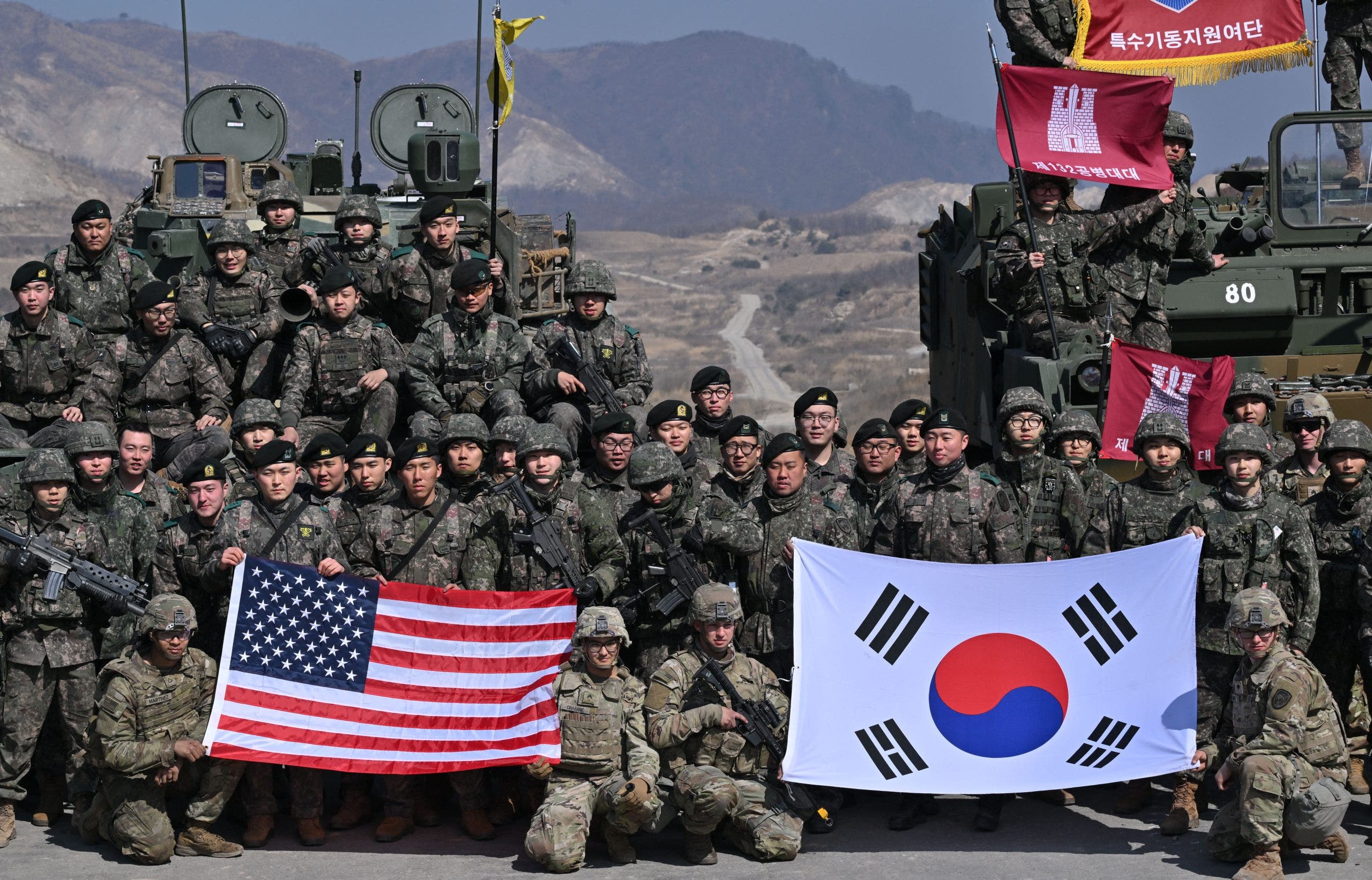The Netherlands, long regarded as one of Europe’s most socially liberal countries, woke up to a drastically changed political landscape on Thursday after a far-right party swept national elections in a result that has reverberated throughout Europe.
Geert Wilders’s Party for Freedom, which advocates banning the Quran, closing Islamic schools and entirely halting the acceptance of asylum seekers, won 37 seats in the 150-seat House of Representatives, making it by far the biggest party, in a clear rebuke of the country’s political establishment.
The results, tabulated overnight after Wednesday’s voting, give Mr. Wilders enough support to try to form a governing coalition. Centrist and center-right parties long wary of the firebrand have left the door ajar to a possible partnership, giving Mr. Wilders a chance to become the Netherlands’ first far-right prime minister.
While people across the political spectrum expressed surprise at the election outcome, and the Dutch reputation of liberalism persists, experts say that Mr. Wilders succeeded by tapping into a discontent with government that dates back at least two decades.
“It’s not suddenly out of nowhere,” said Janka Stoker, a professor of leadership and organizational change at the University of Groningen.
Mr. Wilders has been a persistent political presence in the Netherlands through those years, and now it seemed his time had come.
A career politician, Mr. Wilders has served as a member of the Dutch House of Representatives since 1998. In 2004, he split from the party headed by Prime Minister Mark Rutte, forming the Party for Freedom two years later.
Exceptionally, Mr. Wilders’s party is not based on a membership structure, making him the sole decision maker and synonymous with his party.
He is close ideologically to Marine Le Pen of France, the far-right National Rally leader, and received hearty congratulations from Viktor Orban, the Hungarian prime minister who has become another icon of the far right.
At times Mr. Wilders has also been compared to former President Donald J. Trump, for his penchant to say things in the most direct and divisive of ways. Many of Mr. Wilders’s supporters say they feel buoyed and relieved that he is willing to give voice to what they cannot say, or feel they are not supposed to say.
Yet Mr. Wilders’s provocations have required him to move through life with a security detail, and he has said that days can go by during which he does not see the daylight.
Because of the need for security over the apparent threats against him, not much is known about Mr. Wilders’s isolated private life. He has been married since 1992 to a Hungarian diplomat, Krisztina. His rare public appearances guarantee that every time he ventures out he attracts a media circus.
Mr. Wilders told the Dutch magazine Panorama in March that as part of his security, the windows to his study are blacked out, making it impossible to see outside. He also told the magazine that he had not been able to drive in his own car since 2004, saying it was a “symbol of freedom that I crave, but that I don’t have anymore.”
Mr. Wilders’s political talk has been so divisive that his own brother Paul has publicly spoken out against him.
Over the years, Mr. Wilders’s comments about Moroccan immigrants in the Netherlands have gotten widespread media attention. They have also landed him in court.
In 2014, Mr. Wilders asked his supporters whether they wanted more or fewer Moroccans in the Netherlands, which resulted in a crowd chanting, “Fewer! Fewer!”
A Dutch court convicted Mr. Wilders of insulting a group with the anti-Moroccan chant, but he avoided punishment.
At a campaign event in 2017, Mr. Wilders referred to Moroccan immigrants as “scum.”
During the current campaign he ran on a “Dutch First” platform, though in the final days of the race he moderated some of his anti-Islam vitriol, saying there were “more important priorities.”
He also said that his proposals “would be within the law and Constitution,” in an effort to court other parties to govern with him.
But while his language may have softened, his party platform did not. “The Netherlands is not an Islamic country: no Islamic schools, Qurans and mosques,” it says.
“The borders are wide open and everyone who comes in wants a living space,” it adds, while advocating a “zero tolerance” policy to rein in what it calls “street terrorists” and promising funding for 10,000 extra police officers.
“The police need to be in charge in the street again,” according to the platform. “Criminals have to be arrested immediately and put in prison for a long time.”
Mr. Wilders — as well as other politicians, including Pieter Omtzigt, a centrist who had hoped to upend the election — had linked an increase in migrants to a shortage of housing, which was among the biggest issues for Dutch voters.
But it was Mr. Wilders who ultimately spoke to a discontent that experts said could be traced back at least to the rise of Pim Fortuyn, a right-wing populist who was assassinated a week before elections in which he had led the opinion polls. Mr. Fortuyn, who hoped to become the Netherlands’ first gay prime minister, ran on a strong anti-immigrant platform more than 20 years ago.
Voter dissatisfaction was also evident in more recent elections: Regional votes this year and in 2019, which decide the makeup of the Dutch Senate, saw big victories by populist newcomers.
Last year, 60 percent of Dutch people said they were unhappy with how politics was done in the country, according to the Netherlands Institute for Social Research.
Elections are often a reaction to what happened previously, Ms. Stoker said, referring to Mr. Rutte’s record-breaking 13-year tenure as prime minister. The Rutte government collapsed in July over disputes on immigration policy, precipitating Wednesday’s election.
While Mr. Rutte has been a stalwart of Dutch politics, several scandals plagued his leadership which added to an erosion in trust in the government, according to Dutch political experts. Mr. Rutte will stay on as caretaker prime minister until a new government is formed.
In the final days of the campaign, Mr. Wilders started inching up in the polls partly helped by what many people regarded as strong performances in televised debates, a stronger media focus on him and a slight softening of some of his extreme positions on Islam.
But the margin of victory was unexpected. Mr. Wilders’s party has often performed better in opinion polls than in elections. This time, the trend reversed.
“These were the most volatile elections ever — never before have so many seats changed hands,” said Tom van der Meer, a professor in political science at the University of Amsterdam.
Mr. Rutte had long said that he would not govern with Mr. Wilders. But Dilan Yesilgoz-Zegerius, Mr. Rutte’s successor as the lead candidate for the center-right People’s Party for Freedom and Democracy, had left open the door to forming a coalition with Mr. Wilders.
That softening appears to have bolstered Mr. Wilders’s performance — long a protest candidate with little hope of real power, this time he could present himself to Dutch voters as a strategic choice: a viable governing partner, even a potential prime minister.
Still, it will be complicated for Mr. Wilders to move from the opposition into a stable coalition in a country where politics rests on the art of compromise.
In 2010, he had an informal liaison with the mainstream conservative party’s coalition, but he bolted when it wanted to cut back pension benefits.





